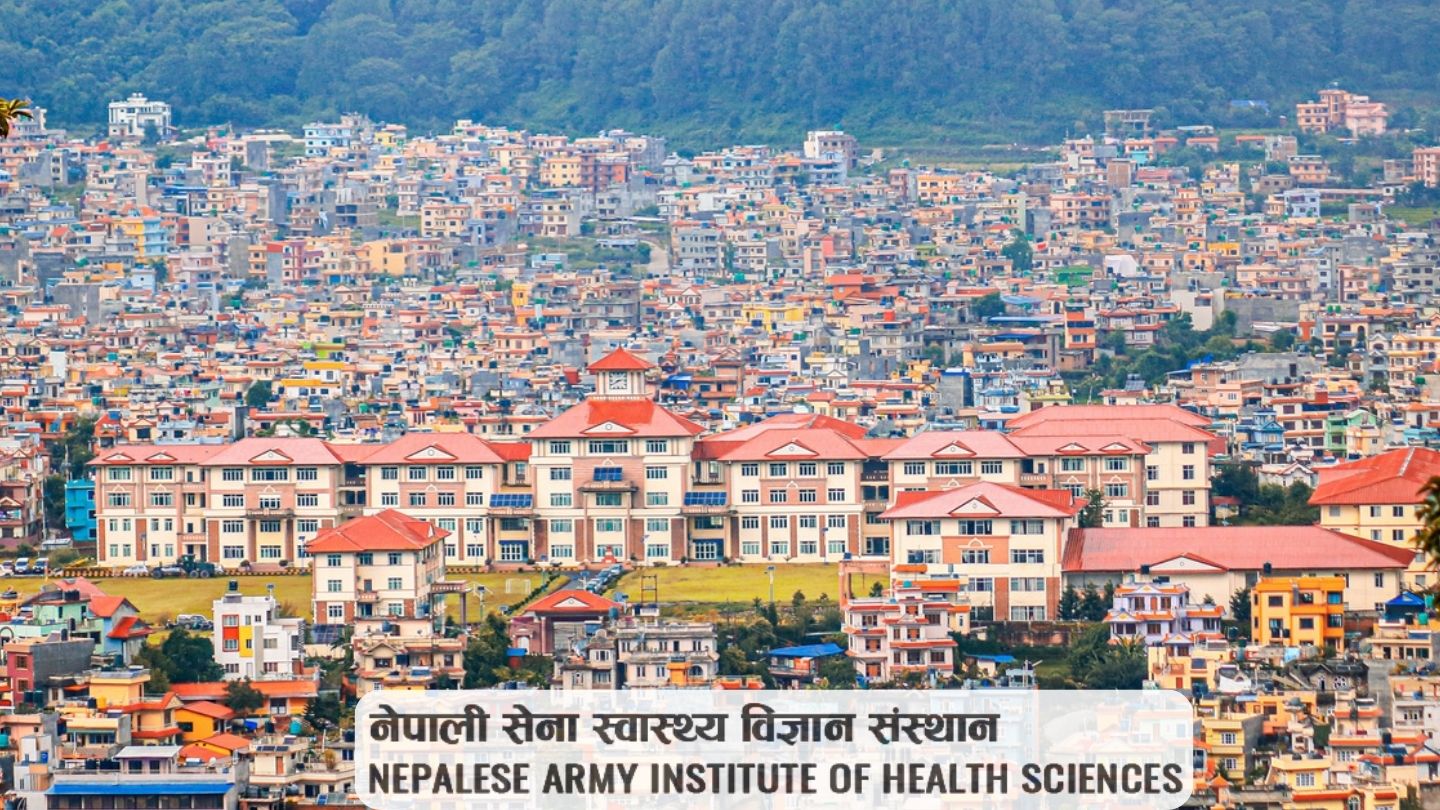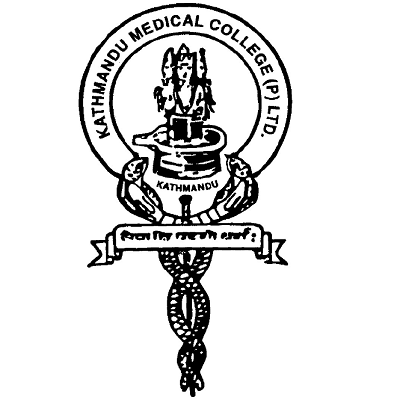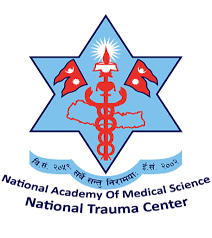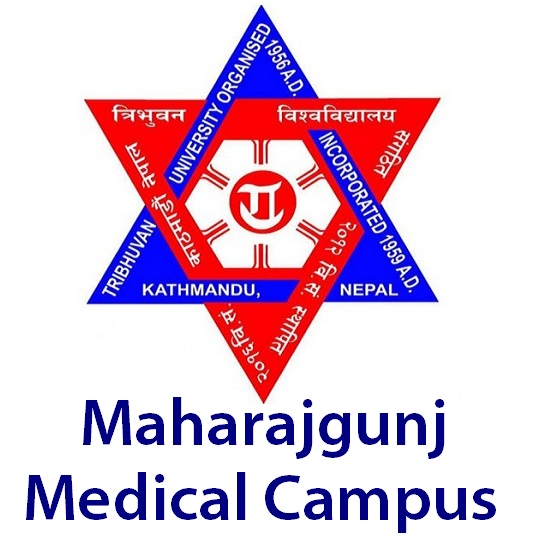Overview
MS in Orthopaedic and Trauma Surgery at Nepalese Army Institute of Health Sciences (NAIHS) College of Medicine
MS in Orthopaedic and Trauma Surgery at Nepalese Army Institute of Health Sciences (NAIHS) College of Medicine is a three-year postgraduate surgical programme under Tribhuvan University, Institute of Medicine (TU-IOM).
The programme prepares medical graduates to manage fractures, joint disorders, spine problems, sports injuries and other musculoskeletal conditions through both surgical and non-surgical methods.
NAIHS College of Medicine operates under TU-IOM affiliation and is recognised by the Medical Education Commission (MEC), Nepal Medical Council (NMC) and other relevant councils for its different health programmes. Orthopaedic and trauma residents receive their main clinical exposure at Shree Birendra Hospital (SBH), the teaching hospital of NAIHS in Chhauni, which functions as a tertiary-care centre with emergency, medical, surgical and diagnostic services.
For you as a young doctor, this course is not only about learning surgical techniques. It is about taking responsibility for injured patients at all hours, making decisions under pressure and steadily growing into a safe orthopaedic and trauma surgeon who can serve in resource-constrained as well as advanced hospital settings across Nepal.

Highlights
-
Degree: Master of Surgery (MS) in Orthopaedic and Trauma Surgery
-
Affiliation: Tribhuvan University, Institute of Medicine (TU-IOM)
-
Duration: 3 years, full-time residency
-
Seats at NAIHS: 4 seats (current allocation under MEC seat distribution for NAIHS)
-
Fee for Nepali candidates: NPR 2,381,760 as per MEC fee structure for MD/MS Clinical Science subjects including Orthopaedics/Orthopaedic and Trauma Surgery
-
Recognising bodies: MEC (for programme and fee), NMC (for specialist registration after completion)
-
Teaching hospital: Shree Birendra Hospital, Chhauni (NAIHS teaching hospital)
-
Target candidates: MBBS graduates with NMC registration who have completed internship and meet MEC experience and entrance exam requirements
Curriculum Details
The MS in Orthopaedic and Trauma Surgery at NAIHS follows the TU-IOM postgraduate framework for surgical specialties. Residents spend three years in graded responsibility under faculty supervision.
Key learning areas typically covered in orthopaedic and trauma training include:
-
Fracture and trauma care of upper and lower limbs
-
Joint injuries and degenerative joint disease
-
Basic spine trauma and common spine disorders
-
Paediatric orthopaedic conditions and congenital deformities
-
Bone and soft tissue infections
-
Musculoskeletal tumours and related reconstruction
-
Sports injuries and soft tissue problems
-
Principles of rehabilitation and long-term follow-up
Training is structured through rotations in:
-
Trauma and emergency orthopaedics
-
Elective orthopaedic wards and operation theatres
-
Outpatient clinics
-
Physiotherapy and rehabilitation services
-
Related departments such as radiology, anaesthesiology and intensive care
Residents participate in seminars, journal clubs, case presentations, morbidity and mortality meetings and thesis work as per TU-IOM regulations for MD/MS programmes.
Objectives
The MS in Orthopaedic and Trauma Surgery at NAIHS aims to:
-
Develop orthopaedic surgeons who can independently diagnose and manage common and complex musculoskeletal problems
-
Build strong decision-making skills in trauma settings, including mass casualty and polytrauma situations
-
Promote safe operative skills for fracture fixation, joint procedures and common orthopaedic operations
-
Strengthen understanding of conservative management and rehabilitation principles
-
Encourage ethical practice, responsible use of investigations and rational use of implants
-
Support academic growth through research, audits and teaching of undergraduate students and junior doctors
For you as a resident, these objectives translate into daily ward work, emergency duties, operation theatre lists and academic sessions where you gradually move from supervised assistant to primary operating surgeon under guidance.
Scope
Orthopaedic and trauma surgery has high demand in Nepal due to road traffic injuries, workplace accidents, falls, sports injuries and age-related joint problems.
After completing MS in Orthopaedic and Trauma Surgery from a TU-IOM–affiliated institution like NAIHS and obtaining NMC specialist registration, graduates may:
-
Work as orthopaedic and trauma surgeons in government, military, provincial and private hospitals
-
Join teaching hospitals as faculty members in orthopaedics
-
Provide services in district and regional hospitals where specialist coverage is limited
-
Engage in subspecialty training or fellowships (for example, arthroplasty, spine surgery, sports injuries, paediatric orthopaedics or musculoskeletal oncology) within Nepal or abroad, depending on opportunities and individual eligibility
-
Contribute to injury prevention, rehabilitation services and clinical research related to musculoskeletal health
Learning Outcomes
By the end of MS training at NAIHS, residents are expected to achieve the following outcomes:
Knowledge
-
Clear understanding of anatomy, biomechanics and pathophysiology related to bones, joints, ligaments, tendons, muscles and peripheral nerves
-
Ability to interpret radiographs, CT, MRI and other imaging related to orthopaedic and trauma conditions
-
Familiarity with current guidelines for fracture management, joint replacement and infection control
Clinical judgment
-
Accurate assessment of trauma patients, including primary and secondary survey
-
Prioritisation of life-threatening and limb-threatening injuries
-
Appropriate choice between conservative and operative management
Technical skills
-
Application of plaster and splints, traction and basic external fixation
-
Performance of common open reduction and internal fixation procedures under supervision, then independently
-
Participation in joint reconstruction, arthroplasty and other advanced procedures as per training level
Professional values
-
Safe operative conduct and respect for operation theatre protocols
-
Effective communication with patients, families and the multidisciplinary team
-
Accurate documentation and adherence to ethical and legal standards in surgical care
Skill Development Modules
Within NAIHS, skill development for MS Orthopaedic and Trauma Surgery usually concentrates on:
-
Trauma management: fracture resuscitation, open fracture care, compartment syndrome, polytrauma coordination
-
Fracture fixation techniques: intramedullary nailing, plate fixation, external fixation, management of peri-articular fractures
-
Joint surgery exposure: hip and knee arthroplasty assistance, arthroscopy exposure depending on case availability
-
Spine and deformity: basic spine trauma management, scoliosis and deformity evaluation, referral pathways for complex cases
-
Infection and tumour: management of osteomyelitis, septic arthritis and initial evaluation of bone tumours
-
Rehabilitation planning: coordination with physiotherapy and occupational therapy teams for post-operative care
Residents also develop skills in teaching junior colleagues, presenting research data and participating in clinical audits, in line with TU-IOM expectations for postgraduate training.
Teaching Methodology
Teaching and learning in MS Orthopaedic and Trauma Surgery at NAIHS rely on:
-
Bedside teaching during daily ward rounds
-
Supervised clinics with gradual increase in independent decision-making
-
Operation theatre teaching, starting with observation, moving to assistance and finally performing operations under supervision
-
Structured academic sessions: seminars, topic reviews, journal clubs and case conferences
-
Interdepartmental meetings with radiology, anaesthesiology, intensive care, pathology and rehabilitation teams
-
Thesis work and research methodology sessions as per TU-IOM MD/MS regulations
This pattern helps you learn through continuous exposure, repetition and feedback rather than only from textbooks.
Admission Requirements
Admission to MS Orthopaedic and Trauma Surgery at NAIHS follows national rules set by the Medical Education Commission (MEC) for MD/MS programmes. Key points include:
-
Basic degree: MBBS or equivalent degree from an institution recognised by the Government of Nepal
-
Registration: Valid registration in Nepal Medical Council (or respective medical council for foreign candidates)
-
Experience: One year of work experience after internship for Nepali candidates (not required for some categories such as MDGP and basic medical sciences; clinical MS Orthopaedics usually requires experience)
-
Entrance exam:
-
Qualifying score in the national postgraduate entrance examination MECEE-PG conducted by MEC
-
Minimum 50% marks in MECEE-PG to be eligible for merit listing and matching
-
Seat allocation for MS Orthopaedic and Trauma Surgery is conducted through MEC online matching, which uses entrance rank, preferences and available seats in different institutions, including NAIHS.
Applicants must follow the latest MEC notices and NAIHS / TU-IOM admission circulars each academic year, as regulations and timelines may change.
Career Opportunities
After successful completion of MS Orthopaedic and Trauma Surgery and NMC registration as a specialist, graduates may work as:
-
Orthopaedic and trauma surgeons in tertiary and secondary hospitals
-
Specialist surgeons in military hospitals and security sector health services
-
Faculty members in medical colleges under TU, KU, PAHS and other universities (subject to institutional recruitment rules)
-
Consultants in provincial and district hospitals where orthopaedic services are expanding
-
Team members in rehabilitation centres and multi-disciplinary trauma units
Graduates who meet criteria of foreign medical councils may apply for further training or recognition abroad, following that country’s rules. Students and parents should always check up-to-date policies of each council before planning long-term practice outside Nepal.
Scholarships and Financial Aid
MEC determines the national fee structure for postgraduate medical education. For MD/MS Clinical Science programmes, including Orthopaedics/Orthopaedic and Trauma Surgery, the current approved fee for Nepali candidates is NPR 2,381,760.
Key points for you to keep in mind:
-
Scholarship seats and paying seats are distributed across institutions by MEC through its notices; some seats in MD/MS programmes are under scholarship category at national level.
-
Any internal support schemes that NAIHS may offer for serving army personnel or other categories are subject to institutional and government policy.
-
Candidates should check:
-
MEC scholarship and fee notices for the relevant academic year
-
NAIHS College of Medicine admission notice and prospectus
-
TU-IOM or NAIHS updates on any changes in fee payment schedule or bond conditions
-
Because financial rules can change, applicants are advised to verify the latest official information before taking admission decisions.
Why Choose MS in Orthopaedic and Trauma Surgery at NAIHS College of Medicine?
From a student’s perspective, some academic and practical reasons to consider this course at NAIHS are:
-
Structured TU-IOM postgraduate framework with clear three-year residency pathway in orthopaedic and trauma surgery
-
Training in a busy teaching hospital (Shree Birendra Hospital) that handles emergency, trauma and elective orthopaedic cases, giving you exposure to a wide range of conditions
-
Organised academic activities—seminars, journal clubs, case conferences and research work—consistent with MD/MS training across TU-IOM campuses
-
Affiliation with TU and regulation by MEC, which supports programme standardisation and national recognition of the degree
-
Environment where clinical service, discipline and military values intersect, which can appeal to doctors who wish to serve both armed forces personnel and the general population
For many residents, this combination of structured academics and high trauma load makes training intense but rewarding.
Conclusion
MS in Orthopaedic and Trauma Surgery at Nepalese Army Institute of Health Sciences (NAIHS) College of Medicine offers structured postgraduate training in one of the most demanding surgical specialties. Through three years of graded responsibility at Shree Birendra Hospital, residents learn to manage fractures, joint disease, musculoskeletal infections, paediatric deformities and complex trauma, while also strengthening decision-making, communication and ethical practice.
If you have completed MBBS, hold NMC registration and are ready for the commitment that orthopaedic and trauma surgery demands, this programme provides a clear pathway to becoming an orthopaedic specialist within the TU-IOM and MEC framework.
Frequently Asked Questions (FAQ)
1. What is the duration of MS in Orthopaedic and Trauma Surgery at NAIHS?
The duration is three years of full-time residency under Tribhuvan University, Institute of Medicine.
2. How many seats are available for this programme at NAIHS?
NAIHS currently has 4 seats for MS in Orthopaedic and Trauma Surgery as per the latest MEC seat distribution list for the college.
3. What is the current fee for MS Orthopaedic and Trauma Surgery for Nepali candidates?
The fee approved by MEC for MD/MS Clinical Science programmes, including Orthopaedics/Orthopaedic and Trauma Surgery, is NPR 2,381,760 for Nepali candidates. Applicants should confirm this against the latest MEC and NAIHS notices before admission.
4. Which entrance exam do I need to pass?
You must appear in the Medical Education Common Entrance Examination for Postgraduate Level (MECEE-PG) conducted by MEC and obtain at least 50% marks to be eligible for merit listing and matching.
5. What basic qualifications are required to apply?
You need an MBBS or equivalent degree recognised by the Government of Nepal, valid registration with Nepal Medical Council (or respective council for foreign candidates), completion of internship and at least one year of work experience for Nepali candidates, as per MEC eligibility criteria for MD/MS.
6. Where will I receive clinical training during residency?
Your main training site will be Shree Birendra Hospital, the teaching hospital of NAIHS at Chhauni, where you will work in orthopaedic wards, emergency, operation theatres and outpatient clinics under faculty supervision.




















